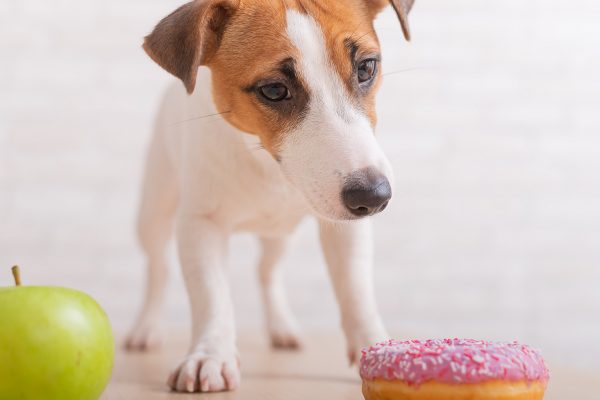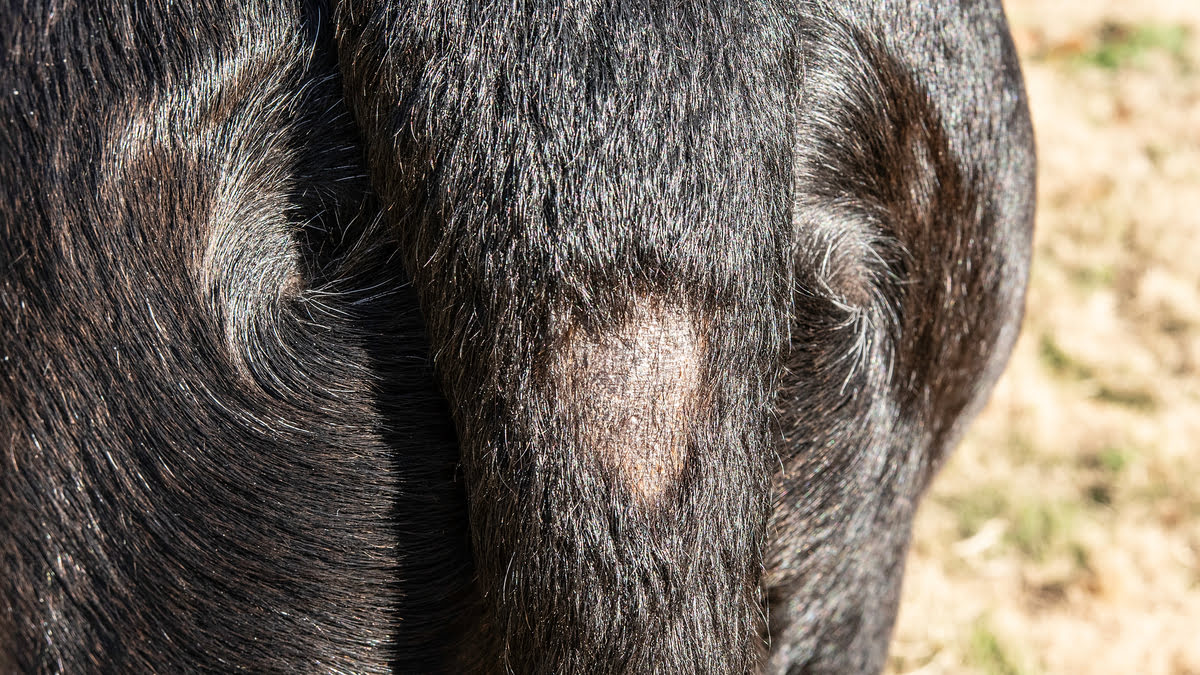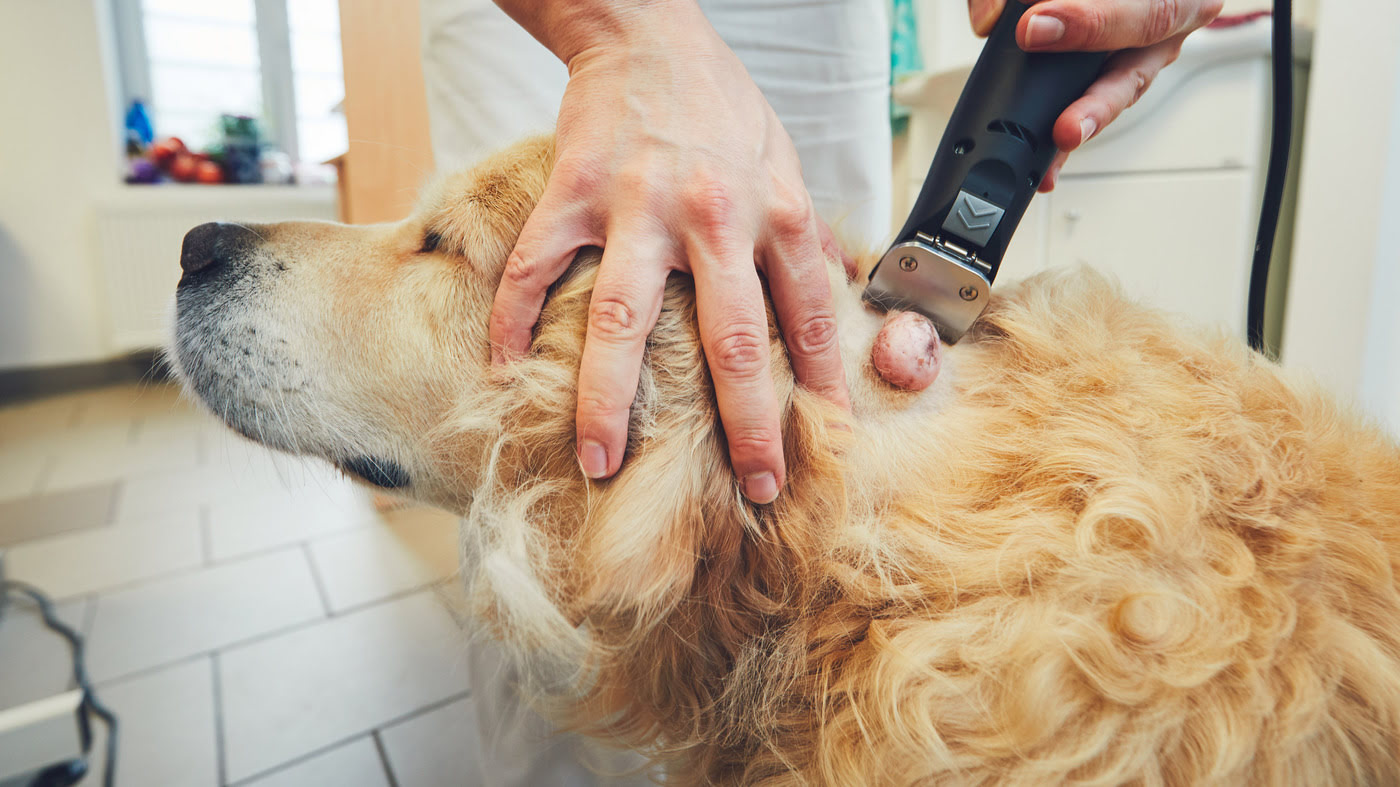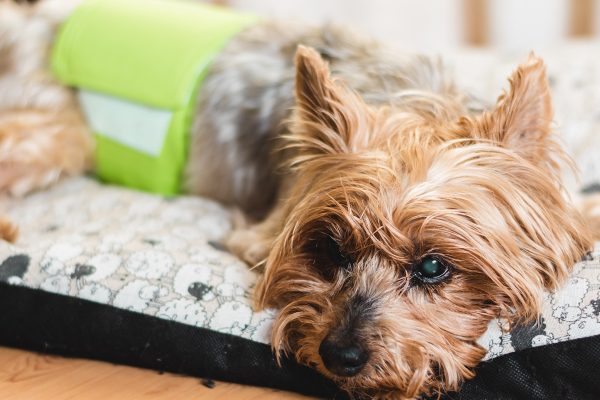Home>Health & Wellness>Behavior & Cognitive Care>Embracing the Journey: Understanding and Coping with Pet Loss Grief
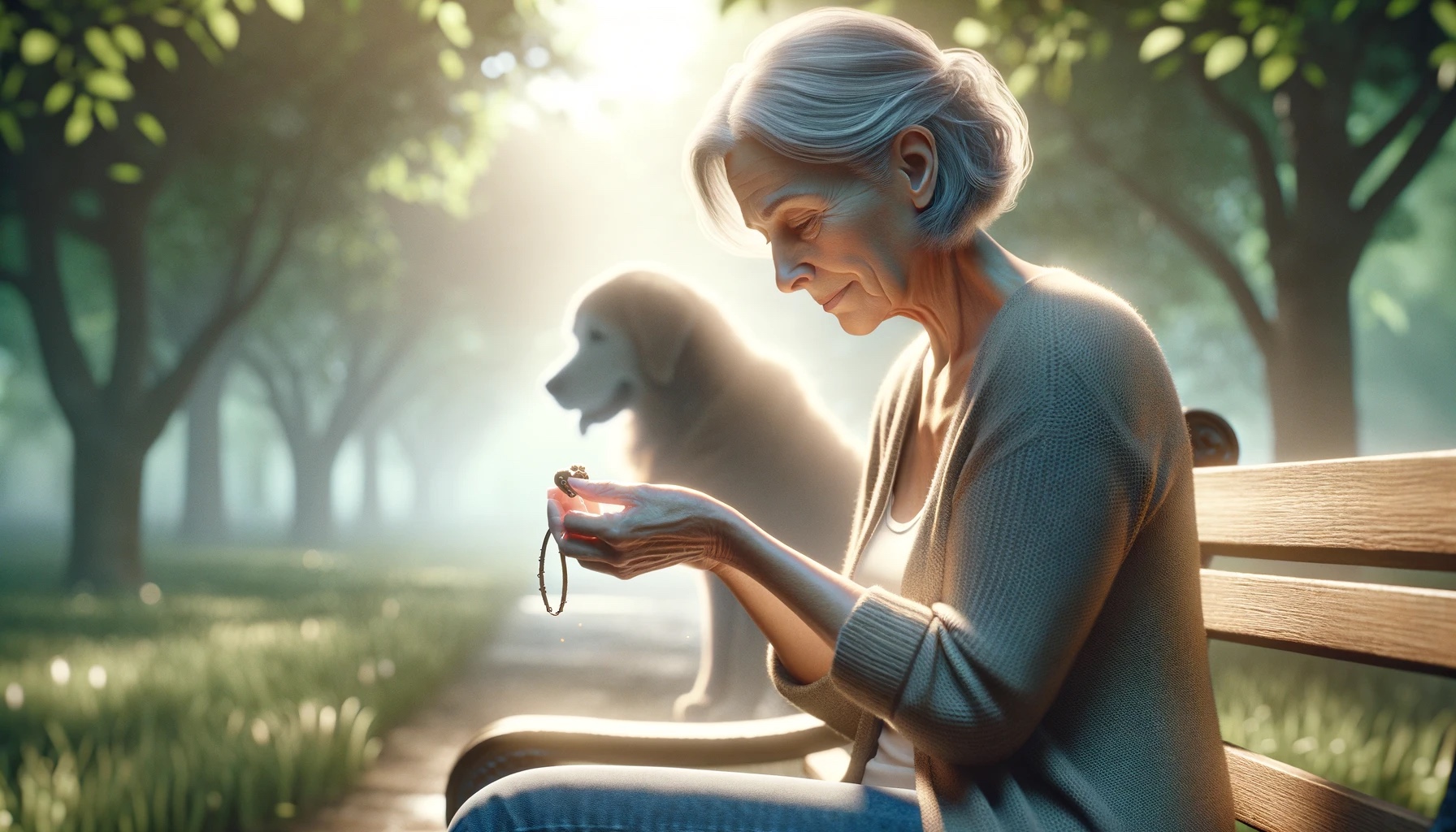

Behavior & Cognitive Care
Embracing the Journey: Understanding and Coping with Pet Loss Grief
Modified: November 27, 2023
Discover the stages of pet loss grief and helpful strategies to cope with the emotional turmoil that follows the loss of a beloved animal companion.
(Many of the links in this article redirect to a specific reviewed product. Your purchase of these products through affiliate links helps to generate commission for Pawsomeoldies.com, at no extra cost. Learn more)
Losing a pet is a profound and deeply personal experience. It’s a journey of heartache and healing, a path many of us will walk at some point. This blog post aims to guide you through the stages of pet loss grief and offer strategies to cope with the emotional turmoil that follows the loss of a beloved animal companion.
Recognizing the Reality of Pet Loss Grief
First and foremost, it’s essential to acknowledge that pet loss grief is real and valid. The bond we share with our pets is unique, and the pain of their loss is as significant as any other loss.
The Stages of Grief
Grief typically follows a series of stages: shock, denial, anger, bargaining, depression, and acceptance. However, it’s crucial to understand that these stages are not linear and may vary in order and intensity for each individual.
Shock and Denial: The Initial Response
In the immediate aftermath of a pet’s death, you may experience shock or denial. This is a natural defense mechanism to buffer the immediate shock of the loss.
Anger: A Natural Emotion
Anger is a common and natural response to loss. You may feel angry at the circumstances of your pet’s death, at yourself, or even at the pet for leaving you.
Bargaining: The What-Ifs
Bargaining often involves a series of “what if” and “if only” statements. It’s a way of trying to regain control over the situation.
Depression: Deep Sadness
Depression in grief can manifest as profound sadness, loneliness, and a lack of interest in activities you once enjoyed.
Acceptance: Coming to Terms
Acceptance doesn’t mean you are okay with the loss. Rather, it means you have begun to accept it as a part of your life and are learning to live with it.
Coping Strategies
- Talk About Your Pet: Sharing memories can be a beautiful way to honor your pet.
- Create a Memorial: A physical memorial can serve as a comforting reminder of your pet.
- Write About Your Feelings: Journaling can be a therapeutic way to express your emotions.
- Seek Support: Don’t hesitate to reach out to friends, family, or pet loss support groups.
- Take Care of Yourself: Grief can be physically draining. Remember to eat well, rest, and exercise.
Helping Children Cope
Children may also grieve the loss of a pet. Encourage them to express their feelings and share their memories.
When Grief Becomes Overwhelming
If your grief feels too heavy to bear, consider seeking the help of a mental health professional.
The Power of Ritual
Holding a memorial service or creating a ritual to say goodbye can provide a sense of closure.
The Decision to Get Another Pet
Deciding to bring a new pet into your life is a personal decision that should be made when you feel ready.
Remembering the Love
Your pet was an integral part of your life, and it’s important to remember the love and joy they brought.
Read more: What Is End-Stage Arthritis In Dogs?
Moving Forward
Moving forward doesn’t mean forgetting your pet. It means finding a way to keep their memory alive in your heart.
Grieving the loss of a pet is a process that takes time and patience. It’s about finding ways to cope with the pain while honoring the memory of your beloved companion. Remember, it’s okay to grieve, and it’s okay to seek help. You are not alone in this journey.

